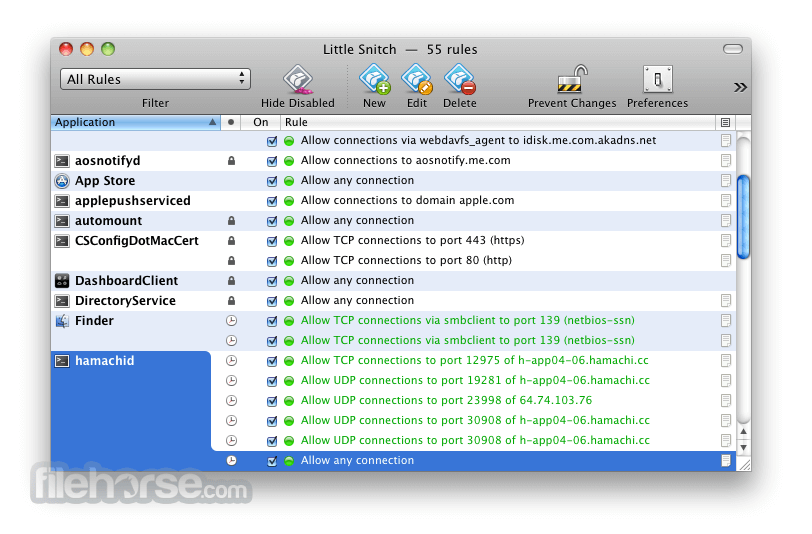
> Now put yourself in the Apple's position where "an iOS app" or a "mac App" is about as trusted as a random website. What goes unacknowledged are the trade-offs of these decisions-some of which may themselves be bad for security. The iOS App Store does protect users from malware, and hiding URLs does protect users from phishing. The problem with all of these arguments is that they aren't wrong so much as they're selective. (But also, we can advertise inside of web apps more easily.) We need to give browsers Bluetooth and USB access, because web apps are safer than random Windows executables.(But isn't it nice how it makes AMP more seamless?)


 We need to hide URLs in Chrome to protect users from phishing websites. (As part of the vetting process, we enforce a 30% cut on all digital goods.) You cannot install an app on your iPhone that we have not personally vetted. (But also, we won't let consumers use the security-patches-only LTSC branch we offer businesses.) We need to enforce automatic Windows 10 updates to keep your computer secure. From my vantage point, the big tech companies specifically and consistently invoke the security arguments that are best aligned with their agendas. > I mean the irony is when it comes to browsers you see the general tone of HN shift to the opposite opinion when it comes to features like, RTC, USB, Bluetooth, Filesystem Access. A prime example would be rebooting into recovery mode to turn off system integrity protections via a terminal command.īoth of these wind up getting gated in priority, but such is the priority of their system - limiting the ability of arbitrary software to act as an unrestricted agent of the user so that user security and privacy (as well as device operation like battery life and radio reception) can be protected. Require processes which an application cannot script that are technically complicated enough that users might realize they are pulling off the warranty-voiding stickers. This means that the system itself has to have functionality to prompt for that informed consent in a way that users can understand.Ģ. Have functionality only accessible through system frameworks, so that the OS can be responsible for prompting for informed consent and granting it to a process. Apple typically does this in one of two ways:ġ.
We need to hide URLs in Chrome to protect users from phishing websites. (As part of the vetting process, we enforce a 30% cut on all digital goods.) You cannot install an app on your iPhone that we have not personally vetted. (But also, we won't let consumers use the security-patches-only LTSC branch we offer businesses.) We need to enforce automatic Windows 10 updates to keep your computer secure. From my vantage point, the big tech companies specifically and consistently invoke the security arguments that are best aligned with their agendas. > I mean the irony is when it comes to browsers you see the general tone of HN shift to the opposite opinion when it comes to features like, RTC, USB, Bluetooth, Filesystem Access. A prime example would be rebooting into recovery mode to turn off system integrity protections via a terminal command.īoth of these wind up getting gated in priority, but such is the priority of their system - limiting the ability of arbitrary software to act as an unrestricted agent of the user so that user security and privacy (as well as device operation like battery life and radio reception) can be protected. Require processes which an application cannot script that are technically complicated enough that users might realize they are pulling off the warranty-voiding stickers. This means that the system itself has to have functionality to prompt for that informed consent in a way that users can understand.Ģ. Have functionality only accessible through system frameworks, so that the OS can be responsible for prompting for informed consent and granting it to a process. Apple typically does this in one of two ways:ġ. 
As a general rule, you want to prevent software from bypassing a user's informed consent.








 0 kommentar(er)
0 kommentar(er)
